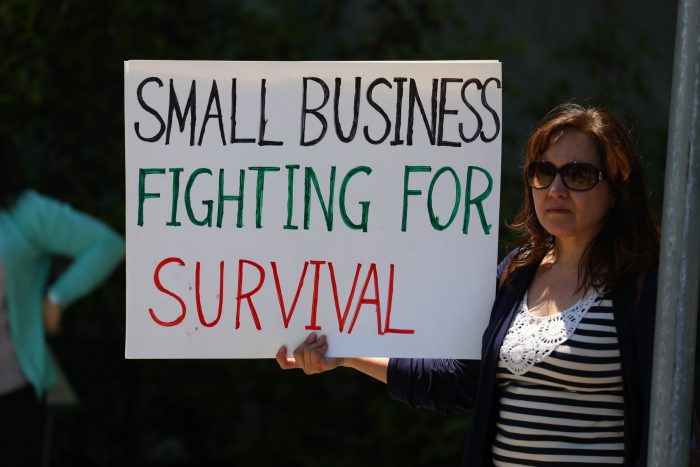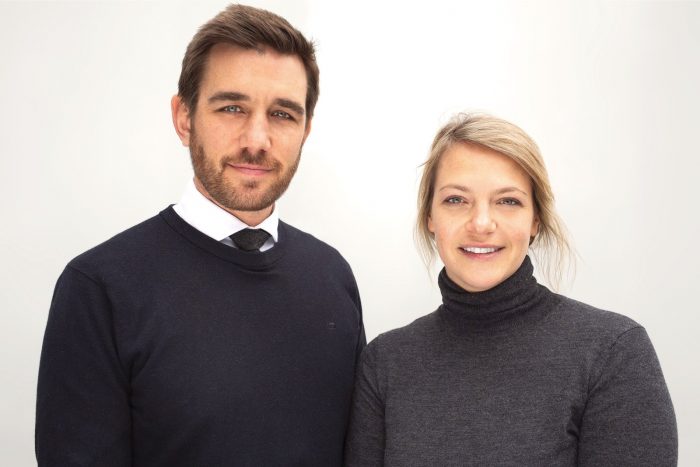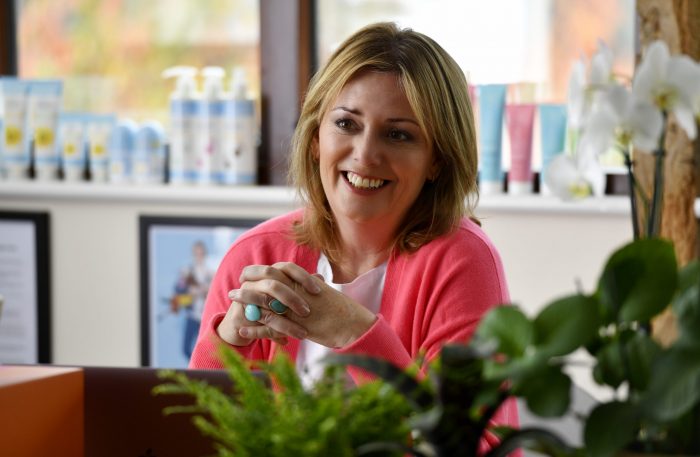This year hasn’t exactly been easy. All over the world, even the most successful small businesses have struggled in the face of unprecedented challenges. Whatever sector your business is in, 2020 has made it clear just how important it is to be flexible, and to respond quickly to outside shocks and changes.
In this article, we’ll share stories from four of the Most Adaptive Businesses of the year according to QuickBooks UK to help you learn to survive and thrive in tough times.

Secrets Unveiled: How 4 Successful Small Businesses Survived and Thrived in 2020
1) Farillio: Stay committed to your mission
When Merlie Calvert founded the online platform Farillio, she had one clear goal: to ‘smash the barriers to the knowledge and materials that are needed to start and run a successful business’.
As most small business owners will know, it can be difficult to figure out how to do things when you’re just getting started. And while the outbreak of the coronavirus and the first lockdown meant ‘ambitious plans’ for expansion and growth were ‘put on hold’, Farillio’s core mission didn’t change.
In fact, Calvert says the disruption made it more important than ever for business owners to be able to access clear, functional advice.
“We adapted extremely quickly,” she remembers. “Our wide community of experts and our partners sat glued to the government’s 5pm announcements every day.” And as soon as they had the latest information, they published new content ‘literally overnight’.
In this way, Farillio remained committed to their overall goals, and was able to not just survive, but to help others do the same.
2) The Room: Find opportunities in crisis
As an exchange platform that seeks to build meaningful, long-term relationships between businesses and influencers, The Room is all about connections.
Founder Alex Payne notes how the struggles of the past year transformed his view of his business. While before they had ‘big plans and growth projections’, he says their ‘only aim after COVID-19 hit [is] to come out the other side’.
Luckily, he realised that The Room’s focus on genuine connections would be useful over the next year.
‘Consumers now seem to want real stories and meaningful connections’ more than ever, Payne notes. Shifting focus to clients in the ‘stay-at-home economy’ helped The Room keep making those connections.
3) Fresh Cut Video: Learn new skills
Harry Pill was impressed with how things were going for his video production agency Fresh Cut Video. “But in March 2020,” he recounts, “the ball stopped rolling and our April, May and beyond suddenly went from the busiest period on record to nothing.”
On top of the overall economic slowdown, Fresh Cut Video suffered initially because of its focus on onsite video services and event coverage. Pill knew he needed to adapt his business plan to the situation, but wasn’t sure he had the skills. Luckily, a passion for video games led him to look at streaming video.
“After a bit of reading online,” he says, “I quickly concluded that Fresh Cut Video was going to move into live streaming ASAP.”
Developing a new skill is no small feat, but in doing so, Pill helped ensure his company could survive the serious test of a complete shake-up to the market.
4) Childs Farm: Manage surges and spikes
Challenges come in many forms. It might sound odd, but sometimes having too much demand too quickly can present serious problems.
Many profitable small businesses have overextended themselves by trying to take on too many opportunities and burning out. Though having too many potential customers might sound ideal when you’re starting a business, the realities of managing surges can be really tough.
Top baby and child toiletries brand Childs Farm increased its direct to customer sales by a whopping 7,000% during 2020 — and founder Joanna Jensen stresses the importance of being able to cope with such changes.
“We thought our stock level would be at risk if we continued to push promotions,” she remembers, “so we pulled all promotions at the beginning of lockdown.”
In addition, Childs Farm made sure not to get distracted from long-term goals by the big profits available. Instead, Jensen recalls, “We talked to the whole team about what a spike might look like, what to do and how to manage it effectively — and, most importantly, when this spike would abruptly decline.”
Doing this helped the company get through this unusual year without losing sight of its long-term goals.
We hope you’ve enjoyed reading these tips from four of 2020’s most successful small businesses — and that some of them have helped give you some ideas on how to get through any challenges that might come up in your business’ future. Along with the tips mentioned above, it’s crucial to avoid stress where you can, stick to your business plan and be ready to change if you need to. With these strategies in mind, you can go forth and thrive in 2021 and beyond.
Find a Home-Based Business to Start-Up >>> Hundreds of Business Listings.

















































